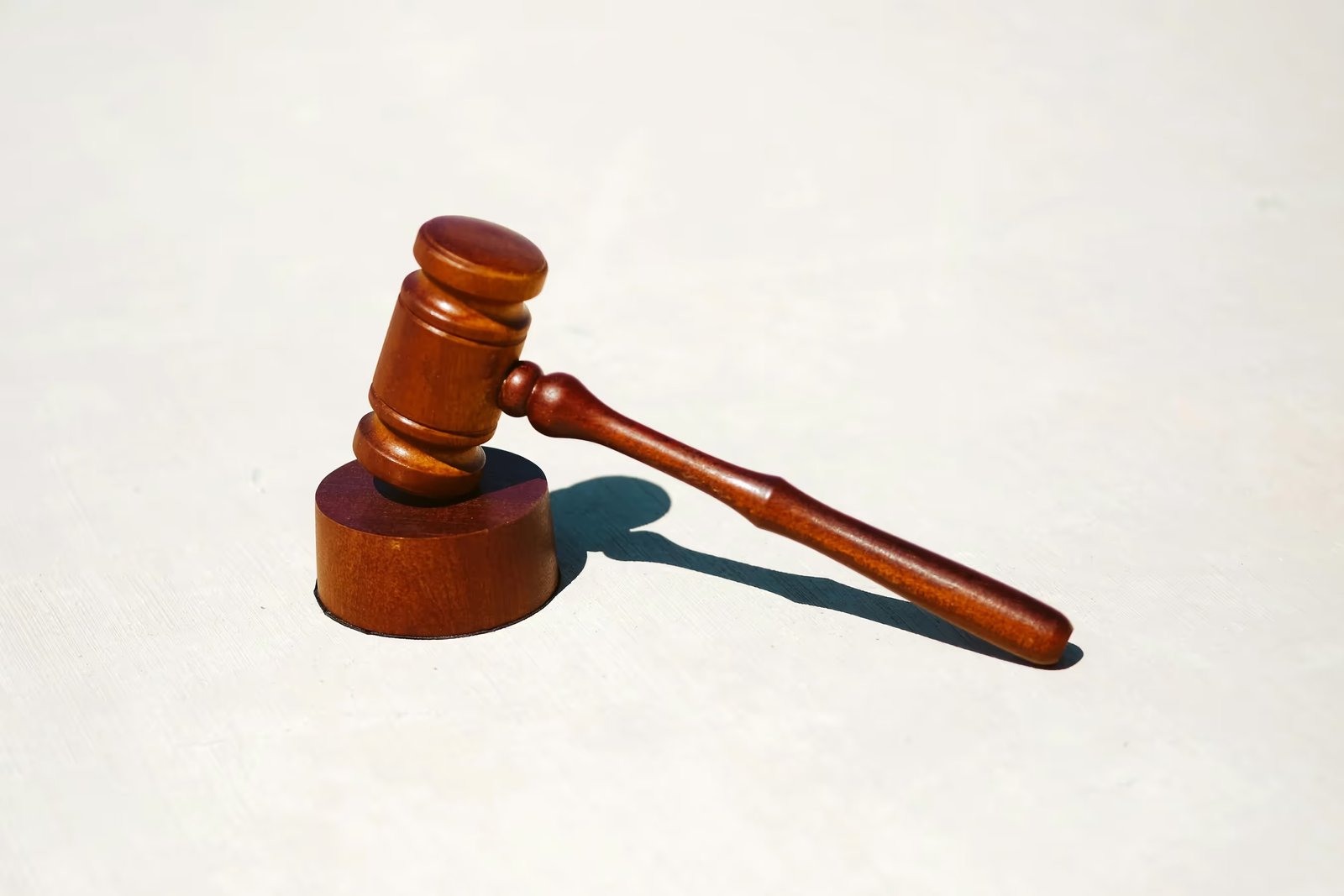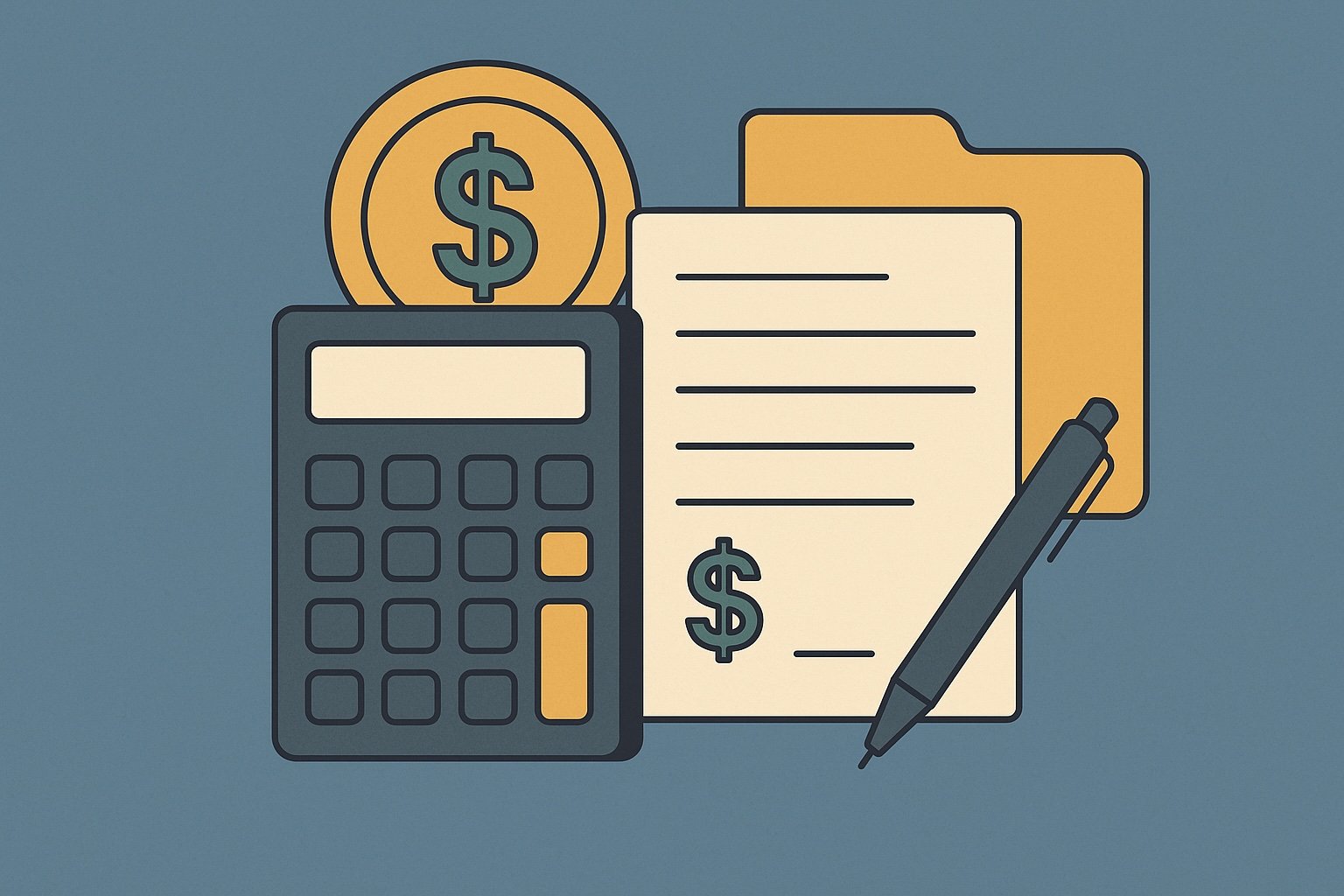Question
ARTE's Answer
When you're looking to buy a property as part of a 1031 exchange, the process involves several key steps to ensure compliance with IRS regulations and to successfully defer capital gains taxes. Here's a detailed breakdown of how to buy a 1031 exchange property, with an example to illustrate the process:
- Identify the Relinquished Property: The first step in a 1031 exchange is to identify the property you currently own that you wish to sell, known as the relinquished property. This property must be held for productive use in a trade or business or for investment purposes.
- Engage a Qualified Intermediary: To facilitate the exchange, you need to engage a qualified intermediary (QI) like us at Deferred.com. We act as a neutral third party to hold the proceeds from the sale of your relinquished property and use them to purchase your replacement property. This step is crucial because you cannot have actual or constructive receipt of the sale proceeds to qualify for tax deferral.
- Sell the Relinquished Property: Once you've engaged us as your QI, you can proceed with selling your relinquished property. The proceeds from this sale will be transferred to us, and we will hold them in a secure account.
- Identify Replacement Property: After selling your relinquished property, you have 45 days to identify potential replacement properties. You can identify up to three properties regardless of their value, or more than three if their combined value does not exceed 200% of the relinquished property's value. This identification must be in writing and submitted to us as your QI.
- Purchase the Replacement Property: You have 180 days from the sale of your relinquished property to close on the purchase of your replacement property. The replacement property must be of like-kind, meaning it should also be held for investment or business purposes. We will use the proceeds from the sale of your relinquished property to purchase the replacement property on your behalf.
Example: Let's say you own a rental property valued at $500,000, which you purchased for $300,000. You decide to sell this property and use the proceeds to buy a larger apartment complex valued at $700,000.
- You engage us at Deferred.com as your QI.
- You sell your rental property for $500,000, and the proceeds are transferred to us.
- Within 45 days, you identify three potential apartment complexes as replacement properties.
- You decide on one of the complexes, valued at $700,000, and we use the $500,000 proceeds to purchase it on your behalf.
- You secure a mortgage for the remaining $200,000 to complete the purchase.
By following these steps and using us as your QI, you successfully defer the capital gains tax on the sale of your rental property, allowing you to reinvest the full amount into a more valuable investment property. This process not only helps in deferring taxes but also aids in building wealth by leveraging the full value of your investment. Always ensure to consult with a tax advisor to align your specific situation with IRS requirements.
Have more questions? Call us at 866-442-1031 or send an email to support@deferred.com to talk with an exchange officer at Deferred.
Sources
1031 Question? Ask ARTE
Deferred's AI 1031 Research Assistant is trained on 8,000+ pages of US tax law and outperforms human CPAs by 22%+
CHAT NOW
Learn More
See more frequently asked questions about 1031 exchanges








